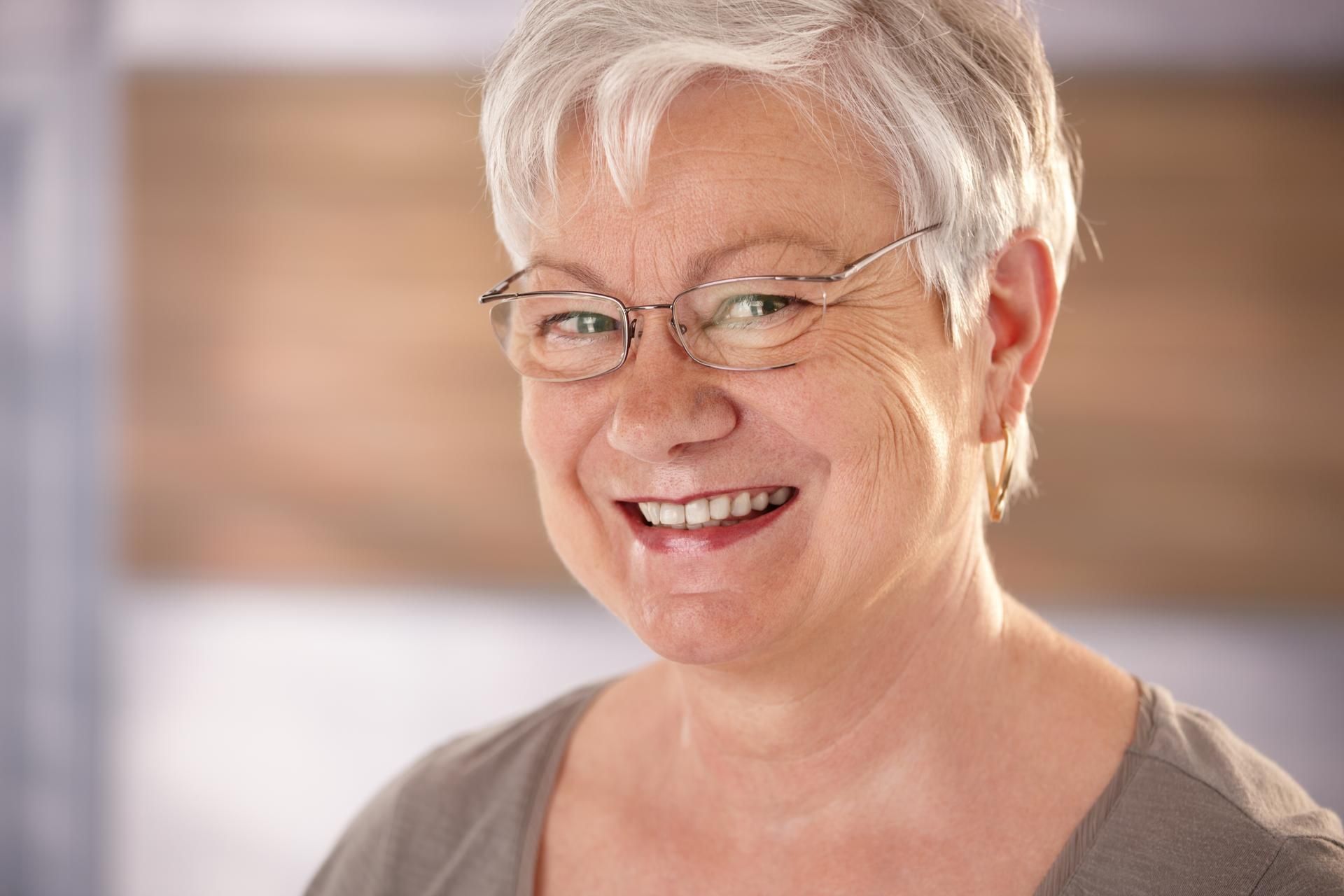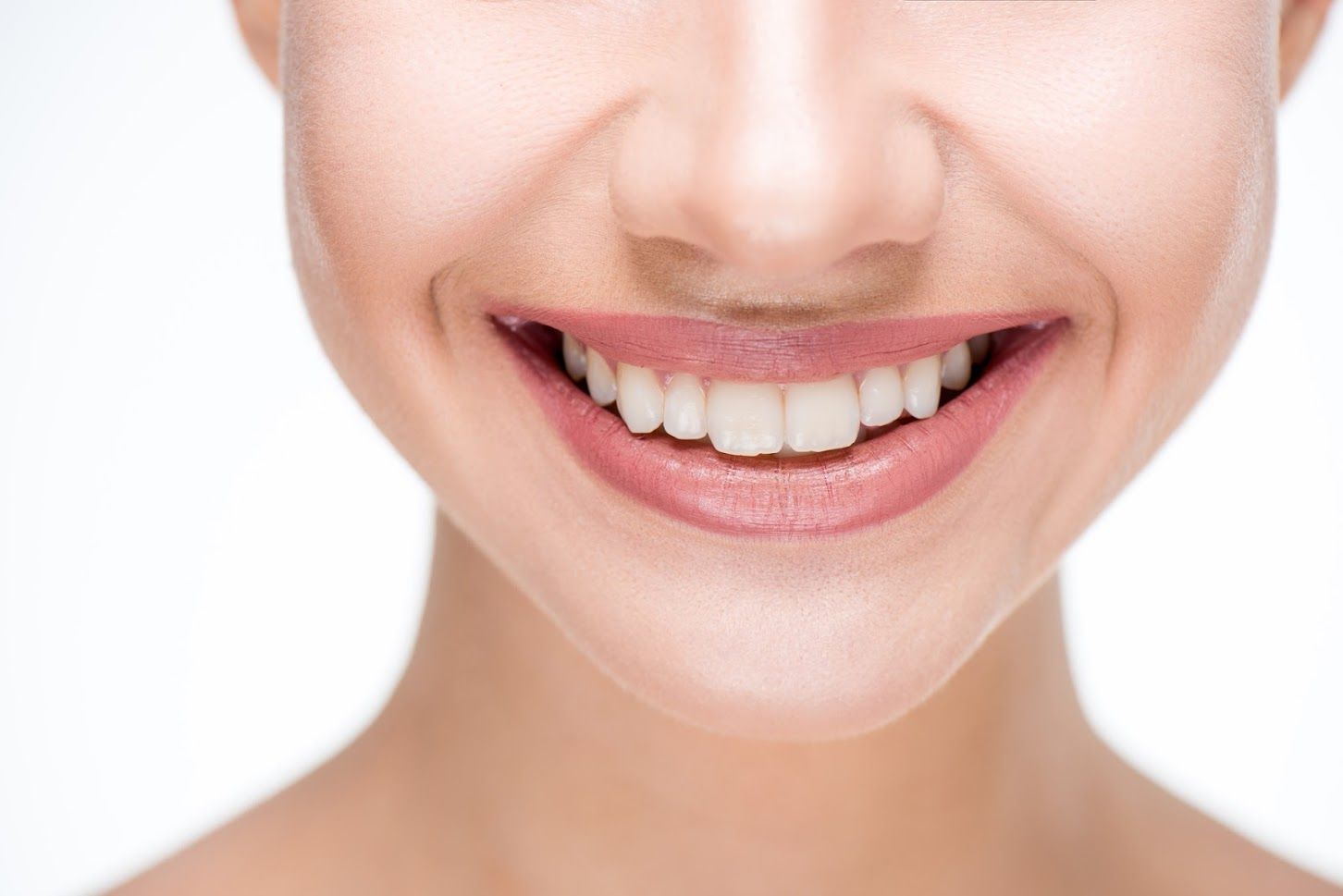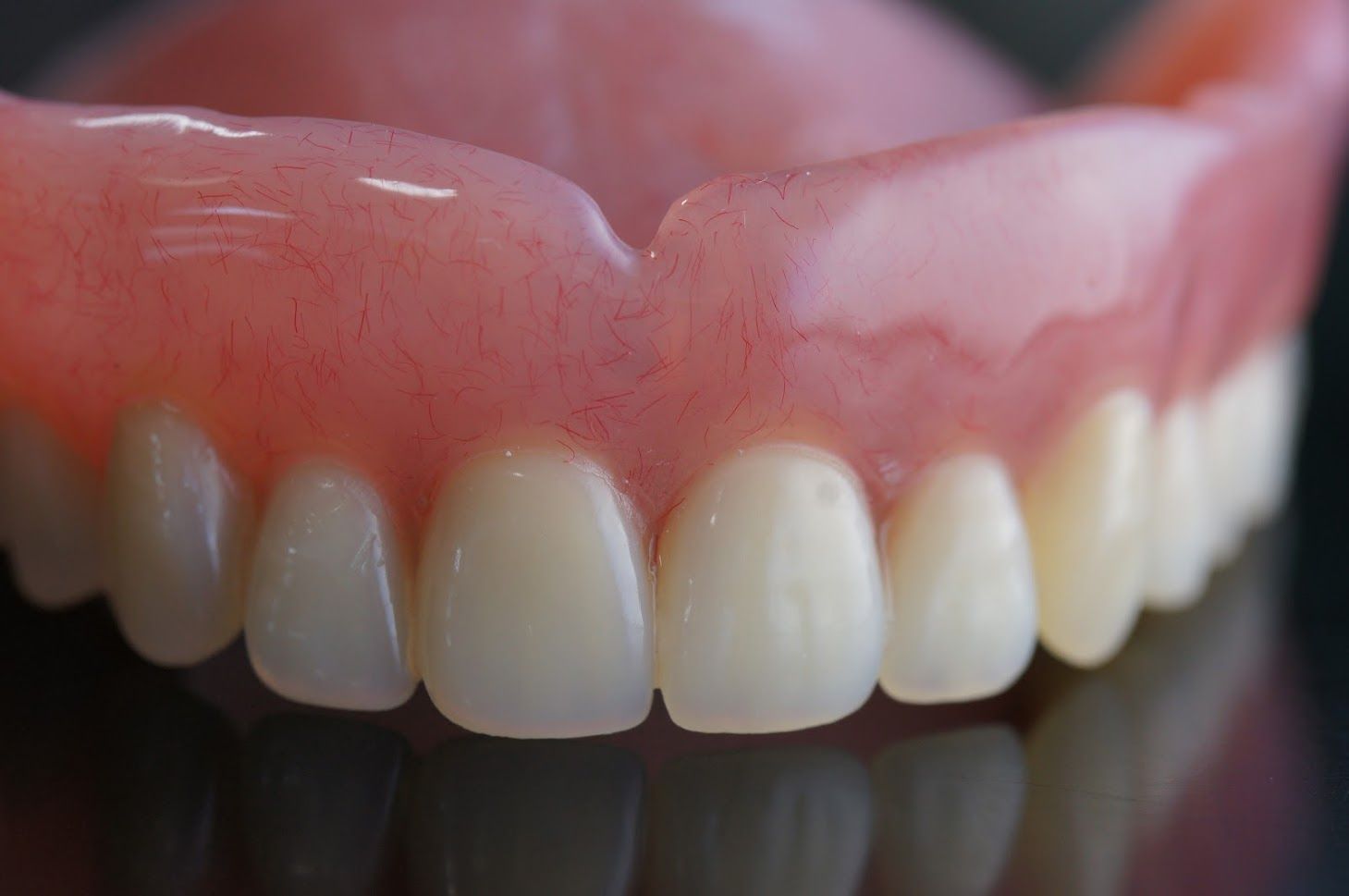Bite Into Confidence: Eating With Dentures

Getting dentures can be a life-changing experience, especially when it comes to your diet and eating habits. It's a journey of adjustment – from the first tentative bites to enjoying a full meal with confidence. Whether you're new to dentures or looking to improve your experience, this guide is here to help you navigate the world of eating with dentures, offering tips and advice to make the transition smoother.
Starting Soft: Gentle Foods for New Denture Wearers
In the beginning, it's all about taking it easy. Your gums and mouth need time to adjust to the new dentures, so starting with softer foods is the way to go. Think about foods that are easy to chew and swallow. Soft fruits, cooked vegetables, eggs, fish, and pasta are great starting points. These foods don't require much chewing effort and are less likely to cause discomfort.
Cut your food into smaller pieces. This not only makes it easier to chew but also helps you get used to the biting process with dentures. Remember, it's not just about what you eat but also how you eat.
Chewing Techniques: Learning the New Way
With dentures, the way you chew your food changes. It's not just about biting down; it's about balance and distribution. Practice chewing slowly and using both sides of your mouth. This helps in stabilizing the dentures and prevents them from tipping or moving around. Avoid biting down with your front teeth or taking big bites. This can dislodge the dentures and make eating difficult. Instead, try to use your back teeth more for chewing.
Navigating Challenges: Sticky and Hard Foods
Some foods can be particularly challenging for denture wearers. Sticky and hard foods are at the top of this list. Sticky foods like caramel or gum can adhere to dentures, causing discomfort and potentially dislodging them. It's best to avoid these types of foods, especially in the early days of wearing dentures.
Hard foods, like nuts or raw carrots, require more force to bite, which can be difficult with dentures. If you want to eat these foods, consider modifying them – like chopping nuts finely or grating hard fruits and vegetables.
Reintroducing Variety: Expanding Your Diet
As you get more comfortable with your dentures, you can start reintroducing a wider variety of foods into your diet. Gradually introduce firmer foods as you feel more confident with your chewing abilities. Start with slightly firmer textures and work your way up.
Pay attention to how your mouth and gums feel. If certain foods cause discomfort or irritation, give it some time before trying again.
Maintaining Denture Health: Cleanliness and Care
Taking care of your dentures is crucial for a comfortable eating experience. Proper maintenance ensures your dentures stay in good shape and function effectively. Clean your dentures regularly to prevent food particles from getting trapped. This not only maintains hygiene but also ensures that your dentures fit well and are comfortable to wear.
Schedule regular check-ups with your dentist to ensure your dentures are in good condition. Your dentist can make any necessary adjustments for a better fit.
Staying Hydrated: The Role of Liquids in Denture Adjustment
Hydration plays a significant role in adapting to dentures, especially during meals. Drinking the right amount of liquids can make eating with dentures more comfortable and aid in digestion. Sipping liquids during meals can help moisten foods, making them easier to chew and swallow with dentures. However, it's important to be cautious with hot beverages, as dentures can affect your ability to gauge temperature, potentially leading to burns.
Additionally, staying well-hydrated throughout the day helps maintain oral health, which is crucial for denture wearers. Adequate fluid intake keeps the mouth moist, reducing the risk of irritation and promoting better gum health. Opt for water or non-acidic drinks to complement your meals and keep your mouth in top condition.
If you have questions or need more advice on living with dentures, don't hesitate to reach out to Airport Road Dental Associates for professional guidance. Let's make every meal enjoyable again!


















